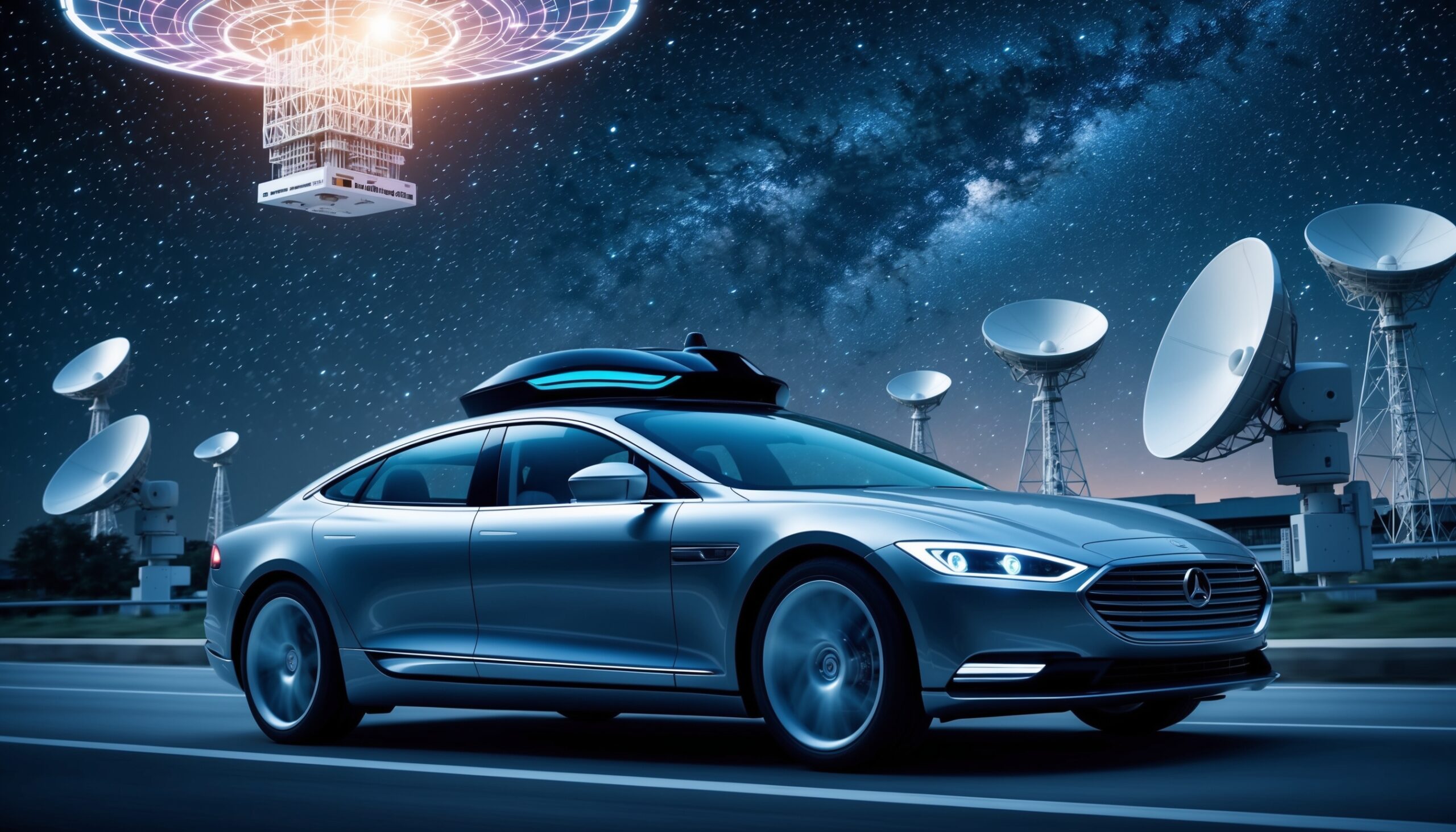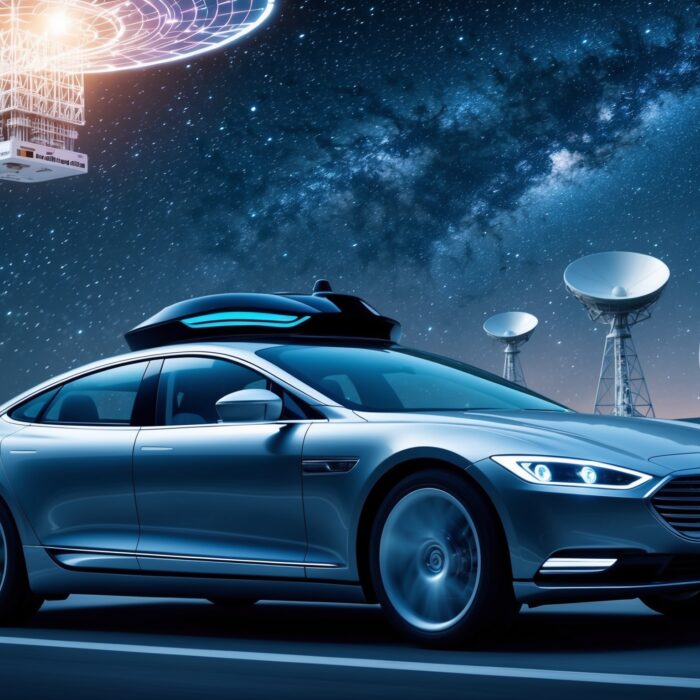Google Is Considering Putting AI Data Centers Into Space
Hey there, Torque Feed readers! Buckle up, because we’re about to take a wild ride through the cosmos, exploring how one of the biggest tech giants, Google, is contemplating launching AI data centers into space. You might be wondering what this has to do with the automotive world, but trust me, the implications of such a venture could change everything—from how we drive to how we interact with technology on the road. So let’s dive in!
What’s the Big Idea?
Picture this: a massive data center floating above Earth, harnessing the vastness of space to process data faster than a supercar can go from zero to sixty. Sounds like science fiction, right? But Google is seriously considering this concept as a way to tackle the growing demand for data processing power. With the rise of artificial intelligence, the need for efficient, scalable computing solutions has never been more critical. And what better way to expand than to look up instead of out?
Why Space?
So why is Google even thinking about this? There are several compelling reasons:
- Cooling Solutions: Space is incredibly cold, which means that data centers could potentially operate without the need for expensive cooling systems that are required on Earth.
- Reduced Latency: By placing data centers in orbit, Google could reduce latency for users across the globe, making online experiences smoother and faster.
- Renewable Energy: Solar power is abundant in space. Data centers could harness this energy, operating sustainably and possibly even powering themselves.
- Global Reach: Space-based data centers could provide connectivity to remote areas, bridging the digital divide and enhancing global communications.
The Technology Behind It
Now you might be thinking, “How does Google even plan to pull this off?” Well, the technology involved is not as far-fetched as it may seem. Here are some key components:
- Launch Vehicles: Google would need to partner with aerospace companies to design and deploy rockets capable of delivering these data centers into orbit.
- Satellite Technology: Advanced satellites could be utilized not just for communication but also for monitoring and managing the health of the data centers.
- Autonomous Systems: AI and machine learning algorithms would be crucial for managing the data centers remotely and ensuring optimal performance.

Impact on the Automotive Industry
Okay, let’s get to the good stuff! How does this all relate to cars and the automotive industry? Here are a few ways this could impact our beloved vehicles:
Also Read: This LS-Swapped Audi A5 Baja Build Might Be The Funniest Car I've Seen In Beverly Hills
- Enhanced Connectivity: With faster data processing and reduced latency, vehicles could communicate with each other and infrastructure more efficiently, paving the way for advanced vehicle-to-everything (V2X) technologies.
- Improved Autonomous Driving: AI algorithms that support self-driving technology could operate more effectively from space-based data centers, leading to safer and more reliable autonomous vehicles.
- Real-Time Analytics: Space-based data centers could enable real-time analytics for vehicle performance, traffic conditions, and even driver behavior, leading to smarter transportation systems.
Challenges Ahead
Of course, as with any groundbreaking idea, there are challenges that Google would need to address before launching data centers into orbit:
- Cost: The expense of launching and maintaining data centers in space could be astronomical (pun intended). Google would need to ensure that the potential benefits outweigh these costs.
- Space Debris: The growing issue of space debris poses a significant risk. Google would have to develop strategies to mitigate these dangers to ensure the safety and longevity of the data centers.
- Regulatory Issues: There are many international treaties and regulations governing the use of space. Navigating this legal landscape would be crucial for Google’s plans.
Future Perspectives
As car enthusiasts, we often think about how technology influences our driving experiences. The concept of space-based data centers could usher in a new era of innovation, transforming the way we think about vehicles and their connectivity. Imagine cars that can predict traffic patterns before you even hit the road or vehicles that can communicate with each other to prevent accidents. The possibilities are endless!
Closing Thoughts on a Cosmic Vision
While the idea of putting AI data centers in space may sound like something out of a futuristic movie, it’s a testament to how far technology has come and how it continues to evolve. At Torque Feed, we’re always excited about the intersection of technology and automotive innovation. The future is bright, and who knows? One day, we might just be driving cars that are powered by data centers orbiting high above us.
So, what do you think? Are you ready for a future where our cars are smarter than ever, thanks to the vast expanse of space? Let us know your thoughts in the comments below!
Also Read: GM developing new petrol-powered RWD passenger cars – report












